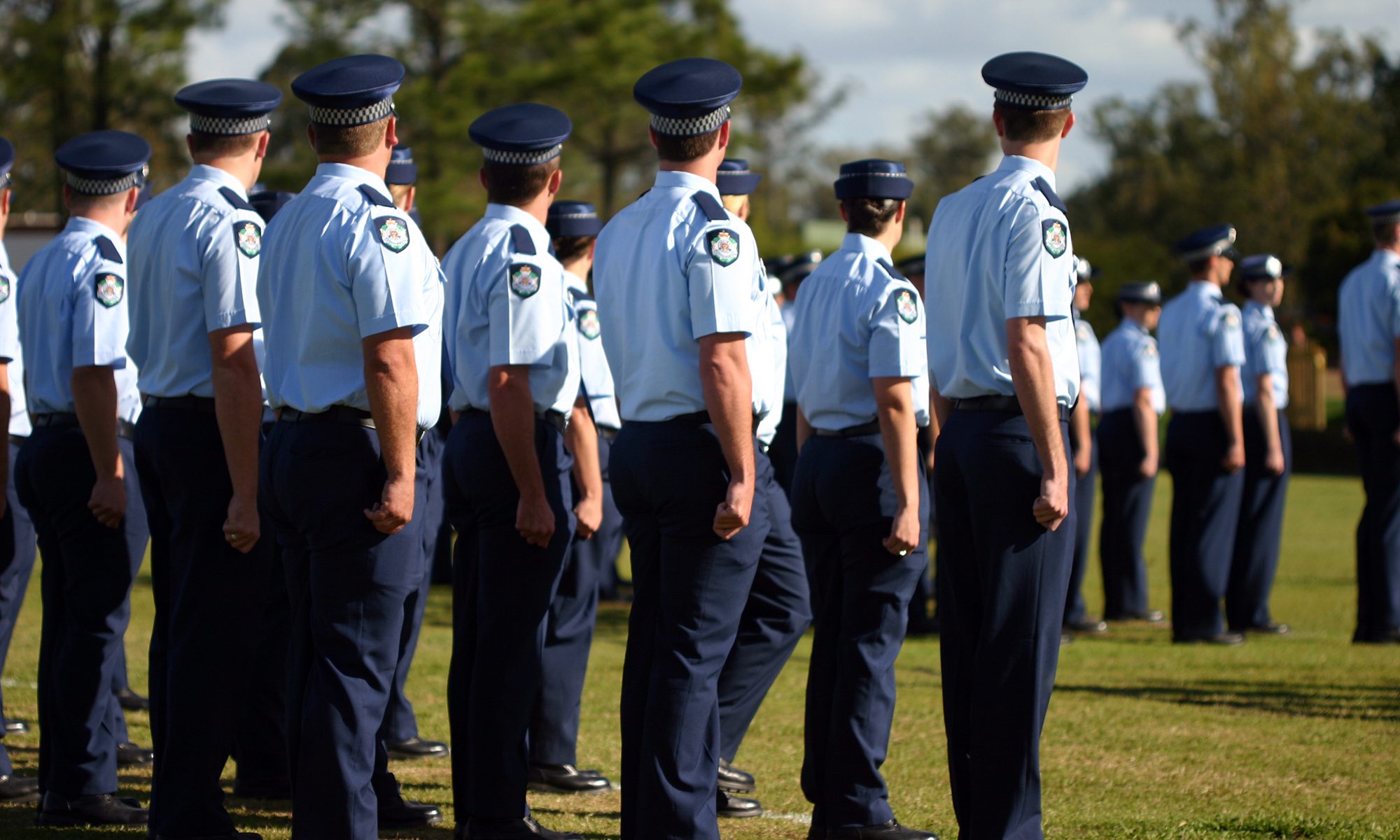Stress Relief For Cops Under Pressure
Table of Contents
3 Simple Changes For Quick Stress Relief
Reduce Your
Caffeine Intake
Take Some
Time Off
Consider
Therapy
Watch: How to Recover From Repeated Trauma Exposure?
3 Easy Steps to Fast Stress Relief For
First Responders
Experiencing stress especially in this current climate is inevitable. You’re probably here reading this because you feel stressed and you’re looking for ways to quickly shoo the feeling away.
You’ve probably read and heard about stress-relief techniques such as meditation, mindfulness exercises, and breathing exercises. While all of these are helpful, they generally take time to master.
Furthermore, when stress hits you at the most inopportune moment (e.g. in your squad car or on the way to a call), it’s not always possible to get yourself into meditation mode.
You’ll need a more practical and immediate stress-relief method to quickly calm yourself down. This article will help you learn exactly that.
The Role of the 5 Senses in Stress Relief
The easiest way to reduce stress quickly is to use one or more of your 5 senses. Different combinations and methods will work for different people, so you can do some experimenting which sense/s will work to your advantage best. However, regardless of which senses you will engage, you can always expect the payoff to be huge. By engaging any of your senses, you can distract yourself from your stressors and eventually calm down your body and mind.
Below are the steps for fast stress relief through engaging the senses.
Step 1. Make sure you recognize signs of stress.
It’s easy to say you’re life is full of stress. However, because you probably deal with stress often, you might have forgotten what it’s like to be fully calm and relaxed. Right now, your body might manifest signs of stress and you’re not even aware of it.
You can be attuned to your body by listening to it. Doing this allows you to recognize that you’re actually stressed. For instance, do your eyes feel droopy or heavy? It could mean you’re tired. How about your muscles? Are they tense and sore? Do you suddenly find yourself clenching your jaws or tensing your shoulders? Is your breathing shallow?
Often, your body sends signals that you need to pause and take a breath. Listen to those signs.
Step 2. Determine your response to stress.
Your body responds to stress in one way or another, even if you don’t notice it. In general, this response can be categorized as either fight or flight. Some of the ways your body responds to stress include elevated blood pressure and heart rate, as well as muscle tension. When this keeps going, your body, especially your immune system, may suffer in time.
Stress relief becomes easier when you recognize your stress response, which is either of the two:
- Fight or over-excited response – This is your general stress response if you tend to become agitated, emotional, or angry when faced with stress.
- Flight or under-excited response – This is your general stress response if you tend to space out, or become withdrawn or depressed when faced with stress. You may also suddenly feel sleepy and lethargic.
Step 3. Get your senses to work.
Once you are able to recognize your stress indicators and response, you can now work to reduce or eliminate it. This is where your 5 senses come in.
When it’s the first time you’re doing this, try to be as alert as possible so you’d know which senses and sensations work for you best in terms of making your stress levels drop. For instance, if you engage your hearing, which sound or music has the most effect? If you’re using sight, which textures calm you down the fastest?
You can explore a variety of sensations to help you discover the best combinations. Here are some examples:
- For sight, you can try looking at a relaxing still or moving photo. Go out and look at elements of nature. You may also surround yourself with colors that are known to uplift the mood, such as yellow and orange, or calming colors like green and blue.
- For smell, try lighting a scented candle or using an essential oil diffuser. You can also try smelling fresh flowers or go out to smell the fresh air.
- For touch, wrapping yourself in a warm blanket can do wonders. You may also touch your pet. Giving yourself a head, neck, or hand massage may also help. Touching smooth surfaces and playing with a fidget toy can also bring about a relaxing effect.
- For taste, it’s quite easy. You can try chewing a piece of gum or eating a piece of dark chocolate. Coffee, tea, or chocolate may also help you calm down. Treating yourself to a crunchy snack such as trail mixes is also a great option. You may have your go-to comfort food, but make sure it’s healthy and not junk food.
- For sound, aside from listening to your favorite songs or tunes, you can also try listening to calming instrumentals. You can also check out nature sounds.
Stress relief doesn’t have to be complicated nor it doesn’t have to be costly. You don’t exactly need to travel to beautiful places just to relieve yourself of stress (though that works, too, of course). If you want quick stress relief, your senses are there ready to help you cope.











